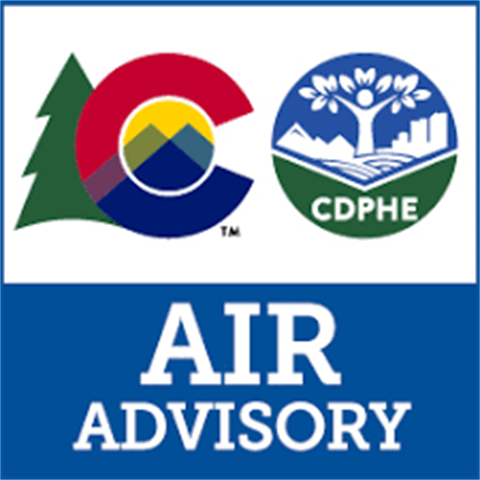Revisions to Colorado Air Regulation 7 Target Energy Sector
Published on January 30, 2025

Colorado regulators will consider changes to air quality regulations in a rulemaking hearing in February. The Colorado Air Quality Control Commission (AQCC) voted unanimously last November to move forward with proposed revisions to Regulation No. 7, drafted by the Air Pollution Control Division, which will impose stricter rules on hazardous emissions from the oil and gas industry.
The new rules will require existing pneumatic controllers to use of zero-emission technology. Pneumatic controllers are devices that operators use to automate the flow of fossil fuel products at thousands of oil and gas facilities across the state. Based on 2023 company-reported data, there are more than 94,000 pneumatic controllers used statewide across nearly 6,000 facilities. These devices contribute to emissions of methane, a potent greenhouse gas, and other compounds that contribute to ozone production in the nine-county region known as the Denver Metro/North Front Range Nonattainment Area, which includes Weld County.
What is Regulation 7?
Regulation No. 7, officially titled Control of Ozone via Ozone Precursors and Control of Hydrocarbons via Oil and Gas Emissions, is a set of air quality regulations adopted by the AQCC. Its primary objective is to reduce emissions of ozone precursors—such as volatile organic compounds (VOCs) and nitrogen oxides (NOx)—which contribute to the formation of ground-level ozone, a key component of smog.
The regulation encompasses various sectors, with a significant focus on oil and natural gas operations. Key provisions include:
- Leak Detection and Repair (LDAR) Requirements: Operators must implement LDAR programs to find and fix equipment leaks that may release VOCs and other pollutants.
- Emission Controls for Storage and Processing Equipment: The regulation sets standards for controlling emissions from storage tanks, separators, and other equipment used in oil and gas operations. This includes requirements for vapor recovery systems and combustion devices to achieve targeted control efficiencies.
- Operational Best Practices: Operators are required to adopt best management practices to minimize emissions during various operational activities, such as well liquids unloading and maintenance procedures.
Changes Over Time
Colorado's Regulation No. 7 has undergone significant amendments in recent years, particularly targeting emissions from the oil and gas sector.
In Dec. 2021, inspection frequencies for well production facilities and compressor stations were adjusted, with increased scrutiny for sites within disproportionately impacted (DI) communities or near occupied areas. Weekly inspections of control equipment were required, along with the installation of flow meters at the inlets of enclosed combustion devices by the specified deadlines, especially for those in DI communities.
In July of 2023, the Colorado Department of Public Health and Environment (CDPHE) introduced a program obligating upstream oil and gas operators to calculate and verify their greenhouse gas intensity and measure methane emissions directly either by applying state-derived default intensity verification factors or through Division-approved operator-specific programs. Third-party audits were also mandated for certain reporting years to ensure compliance.
The proposed revisions to Regulation No. 7 will be taken up by the AQCC at its monthly hearing in February 2025.
How can you get involved?
You can review the request for hearing documents on the AQCC Google Drive.
You can submit your written comments on the proposed rules no later than Feb. 4, 2025, by emailing cdphe.aqcc@state.co.us